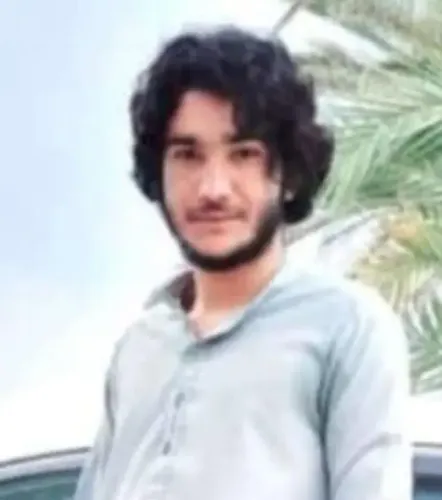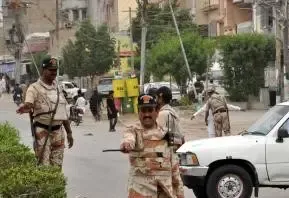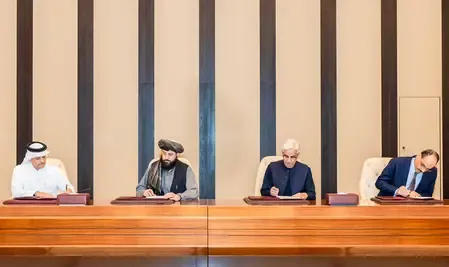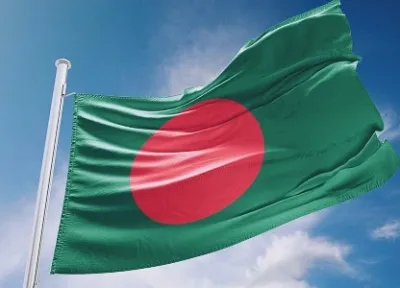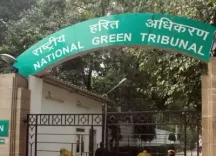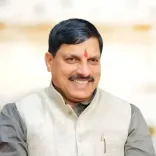Will the UNSC Address the Rising Tensions Between India and Pakistan?
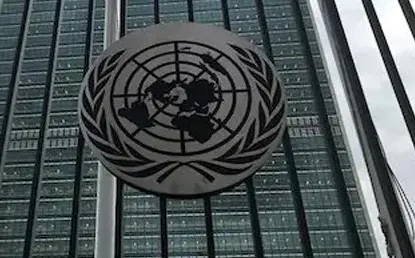
Synopsis
Key Takeaways
- UNSC to hold closed-door meeting to discuss India-Pakistan tensions.
- Pakistan's request highlights concerns over regional security.
- Resistance Front claims responsibility for terrorist attack.
- Modi's vow to pursue terrorists and supporters.
- UN Secretary-General expresses concern and condemns the attack.
United Nations, May 5 (NationPress) The United Nations Security Council (UNSC) is set to convene a closed-door meeting on Monday to discuss the escalating situation in South Asia, as tensions between India and Pakistan have intensified following a terrorist attack in Pahalgam, as per a diplomatic source.
The source revealed that on Sunday evening, Council President Evangelos Sekeris received a request for closed-door consultations from Pakistan's Permanent Representative Asim Iftikhar Ahmad.
Sekeris is organizing the meeting for Monday afternoon, according to the source.
The request from Pakistan highlighted the need for the meeting due to the deteriorating regional environment and increasing tensions between India and Pakistan, especially concerning Jammu and Kashmir.
It was noted that this situation “poses a threat to both regional and international peace and security,” as stated by Pakistan.
According to the Council's procedures, non-member countries are prohibited from participating in these closed consultations, also known as “consultations of the whole.”
Currently, Pakistan is an elected member of the Council and will take part in the discussions.
The meetings occur informally in a side room rather than the Council chamber, and no records of the consultations are made public.
Ahmad mentioned on Friday that Pakistan was contemplating calling for a Council meeting due to the imminent threat of “kinetic action” by India.
The Resistance Front, linked to the Lashkar-e-Taiba based in Pakistan, has claimed responsibility for the massacre of 26 individuals during the attack in Pahalgam.
In response to the attack, Prime Minister Narendra Modi declared, “We will identify, trace, and punish every terrorist and their supporters. We will pursue them to the ends of the Earth.”
Secretary-General Antonio Guterres communicated with External Affairs Minister S. Jaishankar and Pakistan Prime Minister Muhammad Shehbaz Sharif last Tuesday to express his “deep concern” regarding the escalating tensions between the two nations.
He also conveyed his “strong condemnation” of the terrorist act and emphasized the importance of pursuing “justice and accountability for these attacks through lawful means,” as per his spokesperson Stephane Dujarric.
Pakistan is currently conducting a diplomatic campaign at the UN, with Ahmad meeting with Guterres, General Assembly President Philemon Yang, and representatives of the Organisation of Islamic Cooperation and others, to assert its claims of innocence and advocate for de-escalation.

